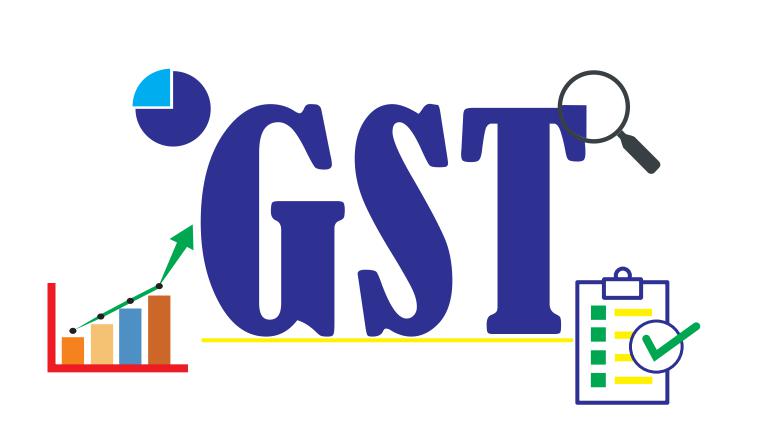
GST Implementation
Introduction
The introduction of the Goods and Services Tax (GST) in India marked a significant transformation in the tax landscape, consolidating multiple indirect taxes into a single tax system. Implementing GST in a business environment is not just about tax compliance; it's about restructuring business processes to align with the new tax regime. CorpIQ's GST Implementation services are designed to guide businesses through the transition into the GST framework, ensuring a smooth and efficient integration of GST into their operations.
Understanding the Importance of GST Implementation
Proper GST implementation is crucial for businesses to leverage the benefits of the GST system, such as improved tax credit flow, simplified compliance, and enhanced transparency in business transactions. It involves understanding the GST laws, setting up compliant accounting and billing systems, training staff, and re-engineering business processes where necessary.
DOCUMENTS AND INFORMATION REQUIRED FOR GST IMPLEMENTATION
Laying the Groundwork for a Successful Transition
A well-planned GST implementation requires a comprehensive understanding of a business's current tax and accounting practices. CorpIQ assists businesses in gathering all necessary information for a seamless transition.
Key Information Required
1. Existing Tax Registration Details: Information on existing tax registrations, such as VAT, Service Tax, and Excise.
2. Financial Records: Detailed financial records, including sales and purchase ledgers.
3. Transactional Data: Information on intra-state and inter-state transactions, exports, imports, etc.
4. Accounting System Details: Details of the current accounting and invoicing systems.
CorpIQ's Role in Preparation
We guide businesses through the process of collating this information, ensuring a thorough understanding of the existing systems and the impact GST will have on them.
PROCEDURE FOR GST IMPLEMENTATION
A Strategic Approach to Integrating GST into Your Business
Implementing GST is a multi-faceted process, encompassing legal, financial, and operational changes. CorpIQ's approach is comprehensive and tailored to each business's unique needs.
Step-by-Step Guide to GST Implementation
1. Assessment and Planning: Assessing the current tax structure and planning the transition to GST.
2. System Upgradation: Upgrading accounting and IT systems for GST compliance.
3. Registration and Transition: Assisting in GST registration and transition of credit from previous tax regimes.
4. Training and Development: Conducting training sessions for staff on GST laws, procedures, and compliance requirements.
5. Process Re-engineering: Modifying business processes, such as procurement and logistics, to optimize tax efficiency under GST.
CorpIQ's Expertise in Implementation
Our expert team ensures a strategic implementation of GST, addressing all aspects from registration to system integration and staff training.
KEY STRATEGIES FOR EFFECTIVE GST IMPLEMENTATION
Ensuring a Holistic and Efficient Transition to GST
Effective GST implementation requires strategic planning and execution, ensuring minimal disruption to business operations.
Notable Strategies
1. Comprehensive Compliance Check: Ensuring all aspects of the business are compliant with GST laws.
2. Technology Integration: Implementing GST-compliant software solutions for accounting and invoicing.
3. Supply Chain Optimization: Reviewing and restructuring the supply chain for GST efficiency.
4. Vendor Compliance Management: Ensuring that vendors and suppliers are also GST-compliant.
CorpIQ provides strategic guidance in each of these areas, ensuring a holistic approach to GST implementation.
BENEFITS OF PROPER GST IMPLEMENTATION
Unlocking Business Potential in the GST Regime
A well-implemented GST system brings several advantages to businesses, enhancing their operational and financial performance.
Key Benefits
1. Improved Cash Flow: Efficient ITC management under GST improves cash flows.
2. Compliance Ease: Simplified tax compliance reduces the burden of managing multiple indirect taxes.
3. Enhanced Transparency: GST brings in greater transparency in business transactions, improving stakeholder confidence.
4. Increased Competitive Advantage: Proper GST implementation can lead to cost savings and a more competitive pricing strategy.
COMMON CHALLENGES IN GST IMPLEMENTATION
GST Implementation Hurdles
Implementing GST can present various challenges, which require expert navigation.
Common Challenges
1. Understanding Complex Laws: The complexity of GST laws and frequent amendments.
2. System Overhaul: Upgrading existing systems to align with GST requirements.
3. Managing Transitional Credit: Handling the transition of input tax credits from previous tax regimes.
4. Training and Change Management: Equipping staff with the necessary knowledge and adapting to new processes.
CorpIQ's expertise helps businesses overcome these challenges, ensuring a smooth transition to the GST framework.




